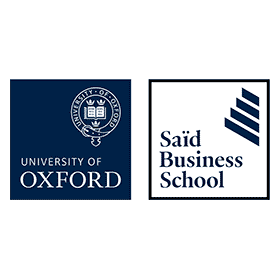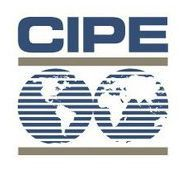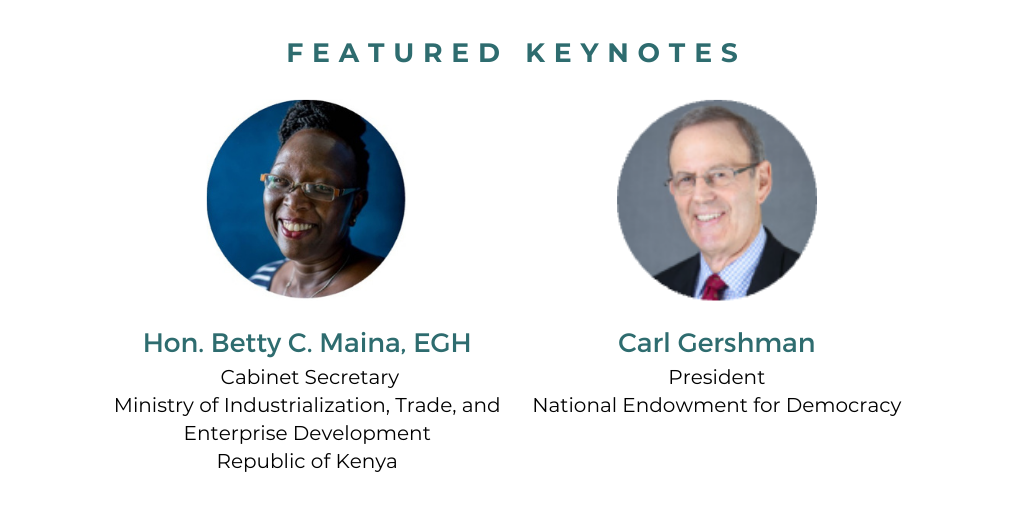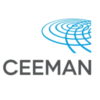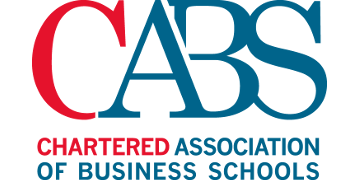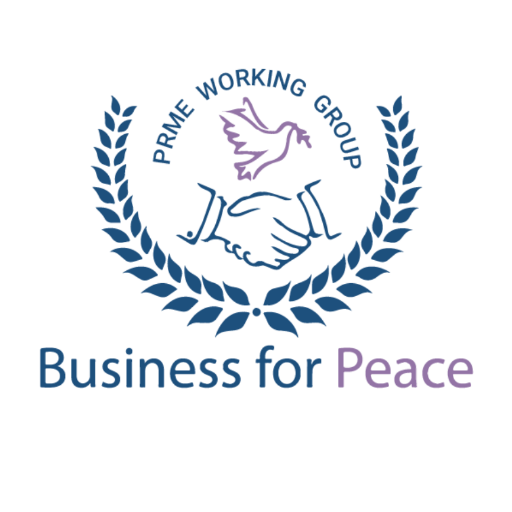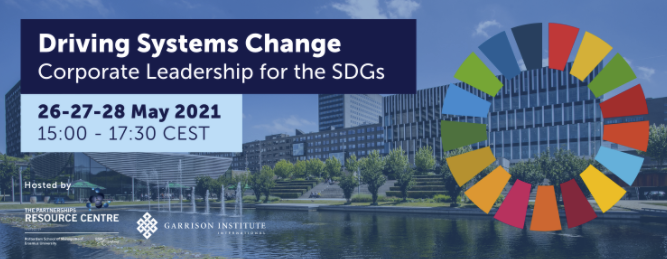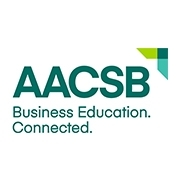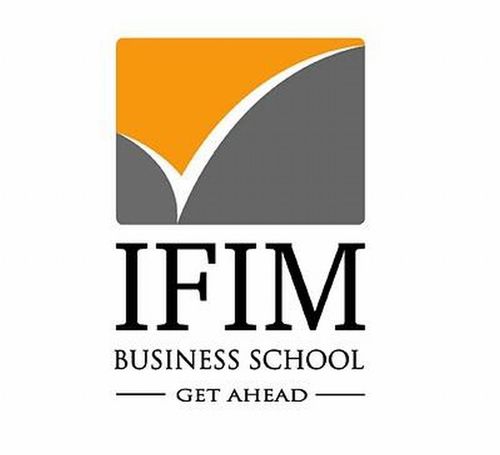
#MaptheSystem is back! Save the date and join us for the launch of MTS 2022 with a very special Keynote speech from Professor Yunus.
About the Event
Welcome to Map the System 2022! This workshop will welcome all of our partners and participants to this year’s competition.
Save the date and join us for the launch of ´Map the System 2022 with a very special Keynote Speech from Nobel laureate Professor Muhammad Yunus on 25th January 2022 at 2pm GMT (check your local time here).
Map the System is organised by the Skoll Centre for Social Entrepreneurship at Saïd Business School, University of Oxford. This workshop has been designed with and will be delivered by our partners at The Grameen Creative Lab.
Join us as we cover the below areas in the workshop.
- Keynote Speech from Professor Yunus and time for Q&A.
- What is systems thinking? Why do we need it?
- Who applies systems thinking? Examples from organisations who use systems thinking.
- How to apply systems thinking? Problem definition and an overview of systems mapping techniques and tools.
- Key learnings of the workshop and next steps for the Map the System competition.
Student Registration for Map the System is open until 31st January 2022.
Date & Time
Tuesday, 25 January 2022
9:00am – 10:30am EST
Registration
Please note:
– Attendance is free but you must register in advance via Eventbrite.
– The link to access the online event will be emailed to you approximately 24 hours before the event, and a reminder on the day of the event.
– The session will be recorded.
For more information, please email mapthesystem@sbs.ox.ac.uk or visit our website at www.mapthesystem.sbs.ox.ac.uk
About Map the System
Map the System is a global competition of the Skoll Centre for Social Entrepreneurship in partnership with educational institutions across the world.
Map the System asks participants to use ‘systems thinking’ as a guiding approach to understanding complex social and environmental challenges. Participants are evaluated based not on a ‘solution’ to a problem, but rather on the depth of understanding of the problem, including an analysis of existing solution efforts, impact gaps and opportunities for positive change. Participants create systems maps as a means to articulate their findings in a way that people can meaningfully understand, share, and learn from – key skill sets for those interested in creating systemic social or environmental change.


